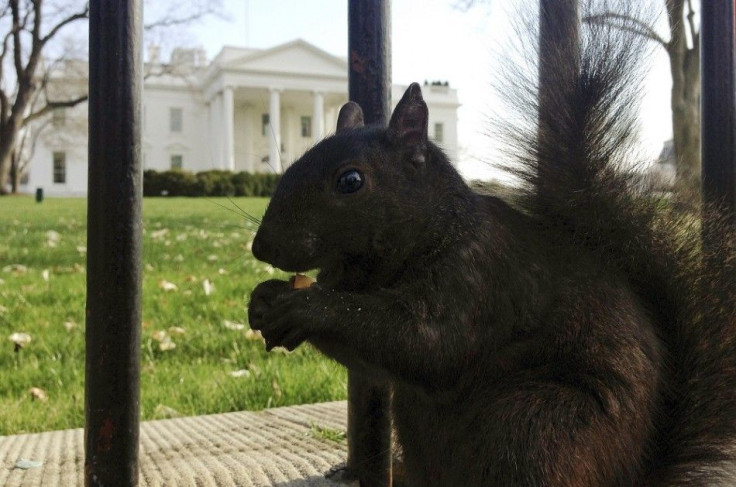Russians Allegedly Behind 'Suspicious Cyber Activity' In White House Network; Hackers May Have Viewed Obama's Schedule

CNN reports that hackers have bypassed the U.S. State Department’s unclassified email system in November. One month later, Reuters said suspicious cyber activity was detected on a White House computer network.
Despite the State Department’s efforts to block the intruders, they are believed to have gained entry White House’s computer system. The Russian hackers were able to have access to sensitive information including the details of U.S. President Barack Obama’s private schedule.
Unnamed sources in the White House told CNN that no classified information was breached but data considered to be “sensitive” may have been at risk. The Federal Bureau of Investigation, Secret Service and U.S. intelligence agencies are currently investigating the lapses in cyber security. Officials said the breach was among the most sophisticated attacks against the country.
The hackers had routed through computers around the world to hide their tracks. However, investigators were able to find codes and other clues that would prove that the hackers are working for Moscow.
Although National Security Council spokesperson Mark Stroh did not confirm the Russian breach but said such activities will be taken seriously. “In this case, as we made clear at the time, we took immediate measures to evaluate and mitigate the activity,” added Stroh. He reiterated that the National Security Council will not comment on the matter or attribute the alleged hacking to “specific actors.”
Ben Rhodes, Mr Obama’s deputy national security adviser, said the White House uses a separate system for classified information and protects sensitive data from being accessed by hackers. Rhodes added that the he does not believe classified systems have been breached.
An official revealed that Russian hackers had “owned” the State Department’s computer system for months and it was not clear whether the department was able to get rid of the intruders. In January, Director of National Intelligence James Clapper said at an FBI cyber conference that government officials and businesses should let employees know what “spear phishing” looks like. Clapper also declared that Russia is a bigger cyber threat than China.
Investigators believe that the breach may have originated from an employee who clicked on a malicious link or attachment in a phishing email. The White House has downplayed the severity of the cyber attack since reports have emerged.
To report problems or leave feedback on this article, contact: r.su@ibtimes.com.au






